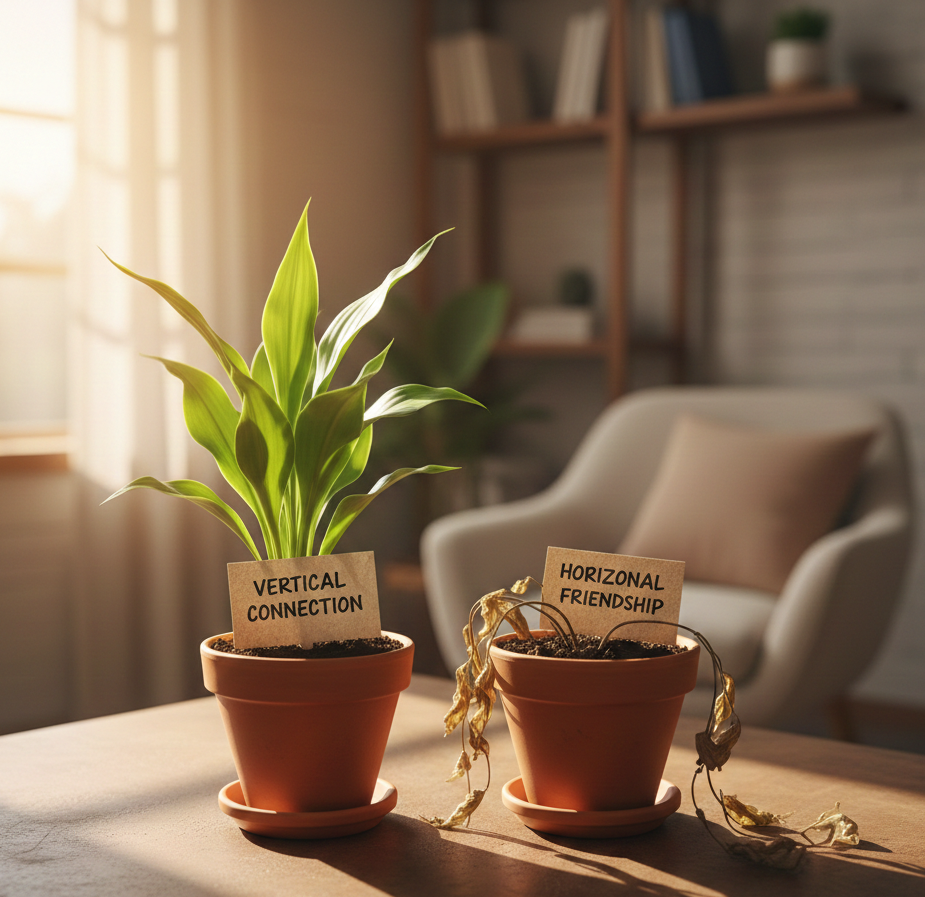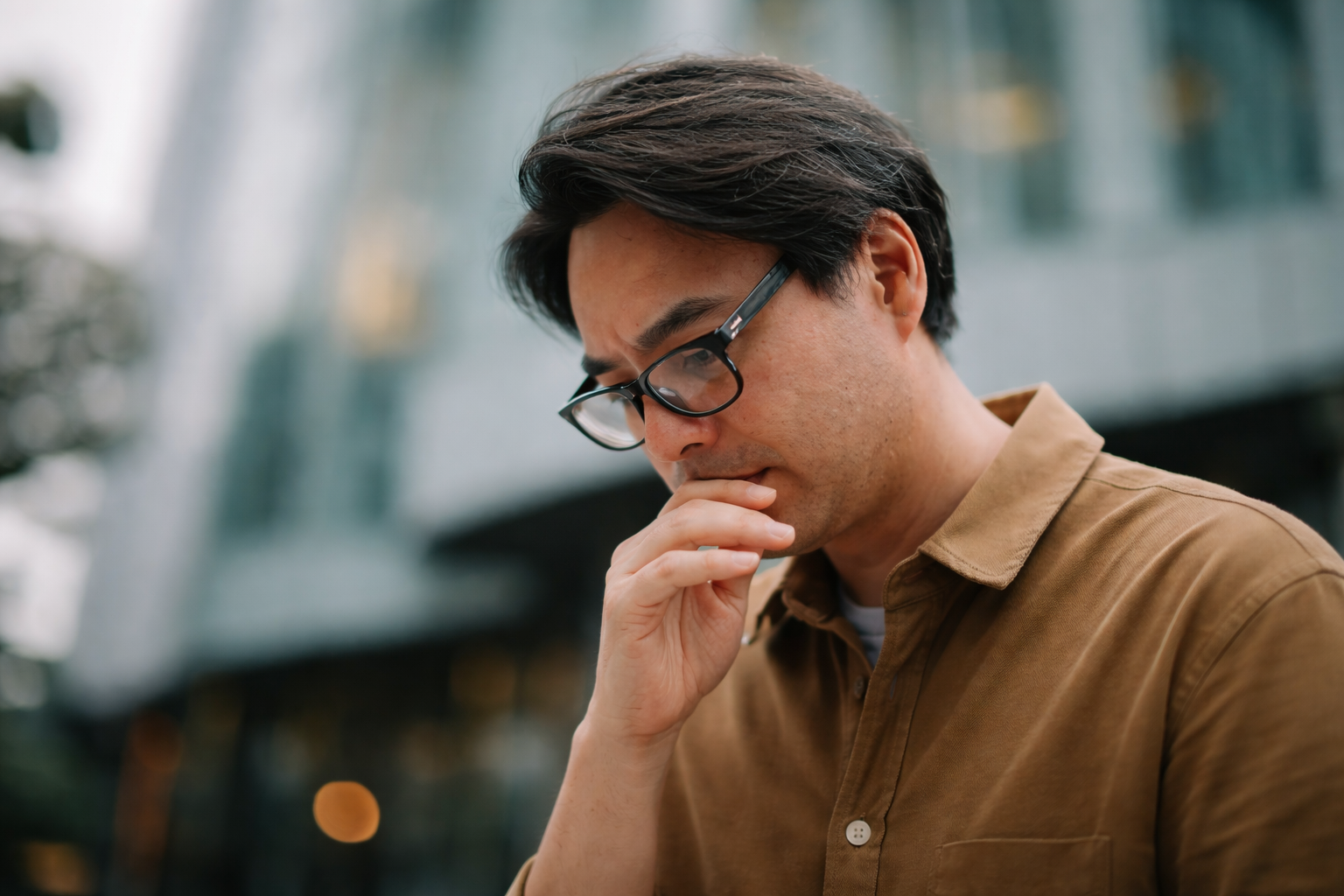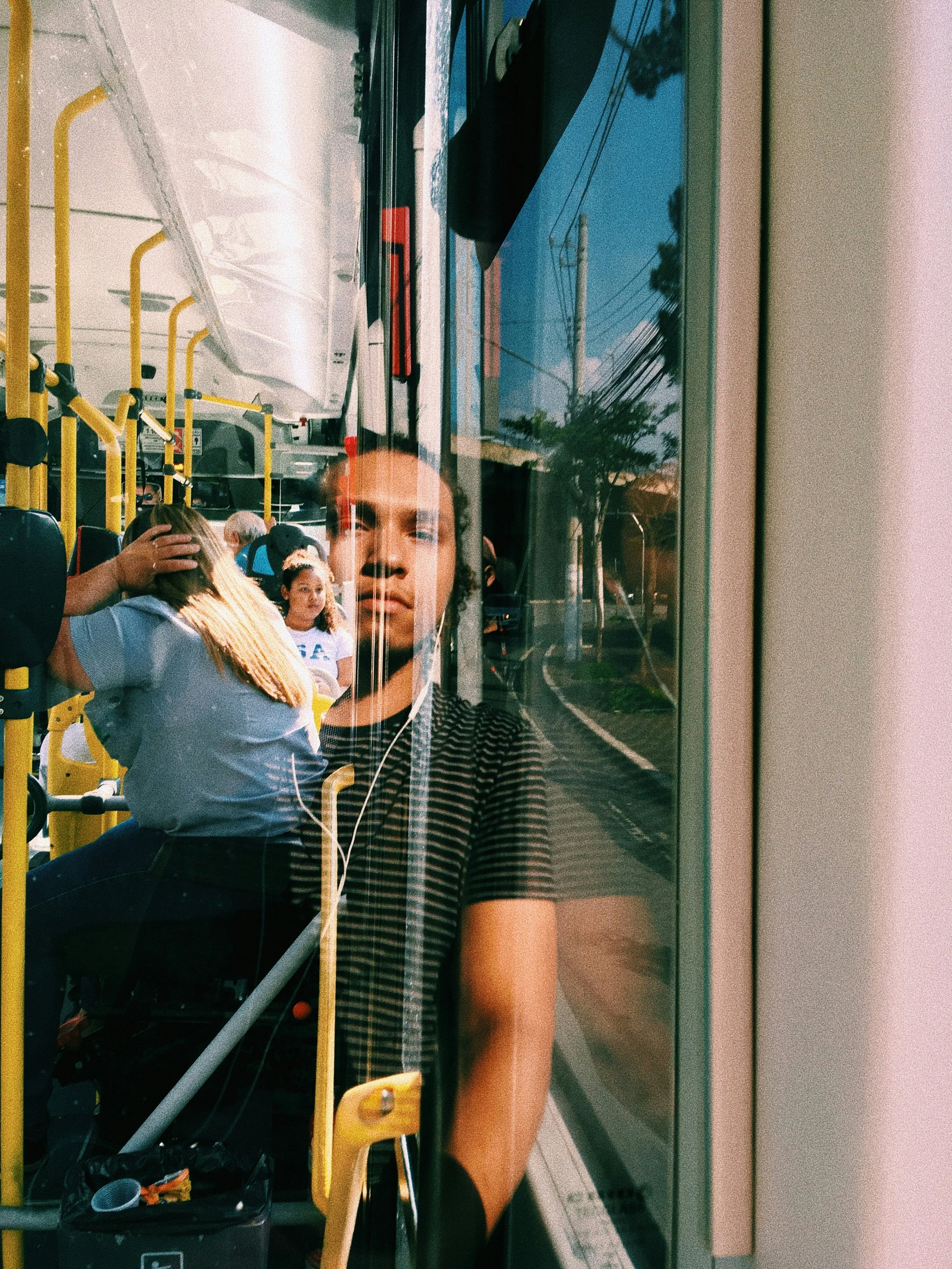
The Art of the "Low-Stakes" Check-In
We often stay silent not because we don't care, but because we’re protecting the little energy we have left. We wait for a 'perfect' window of capacity to be the friend we think we should be—but while we wait, the silence grows. What if the remedy isn't a three-hour coffee date, but the art of the low-stakes check-in?

Horizontal Friendships vs. Vertical Connection
Healing is lonely because it often requires a shift in the makeup of your support system. You might find that some people were only your friends because you were both 'tired' together. When you start choosing rest over numbing out, or boundaries over people-pleasing, the horizontal connections begin to strain

Staying Engaged Without Burning Out
Many people can stay engaged for a while by pushing through. The problem is what happens when pushing becomes the only strategy. Over time, the cost shows up as exhaustion rather than progress.

When Goal-Setting Starts Working Against You
Goals are meant to support change. When they ignore context, energy, and capacity, they often create pressure rather than momentum.

What Actually Gets in the Way of Follow-Through
Follow-through often breaks down not because the plan was bad, but because something internal interrupted it. When we don’t name those interruptions, we turn them into self-blame.

Why Motivation Fails Even When You Care
Motivation isn’t unreliable because you don’t care. It’s unreliable because it depends on capacity. When stress and load increase, motivation often disappears even when commitment doesn’t.

Why You Know What to Do (And Still Don’t Do It)
You already know what you should do.
You understand your patterns. You can explain them clearly.
And still, you get stuck.
For many thoughtful, self-aware adults, this is one of the most frustrating experiences there is. Not because they don’t care, and not because they haven’t tried—but because knowing doesn’t reliably turn into doing. Over time, that gap starts to feel personal.

Coping With the Holidays When You’re Already Tired
The holidays can be comforting, stressful or something in between. If you are carrying grief, burnout or complicated family dynamics, this season may feel heavier than it looks on the calendar. Here are grounded ways to get through it without losing yourself.

After the Candy’s Gone: Holding Onto Halloween Magic
Halloween may be over, but the magic lingers. It’s my favorite holiday. I learned to love it from my dad, who taught me that joy isn’t just found in costumes and candy, but in the memories and moments we create together.

The Season of Letting Go
Fall reminds us that letting go does not have to mean losing. The trees do not cling to what is fading. They trust that release is part of the cycle of growth. Maybe healing is not about holding everything together but allowing what no longer fits to fall away.

Therapist Approved: Things That Technically Count as Coping
Coping isn’t always clean or calm. Sometimes it’s crying in the car, reorganizing your closet, or eating cold leftovers because reheating feels like too much. The truth is, coping doesn’t have to look pretty to count. It just has to keep you going.

Why You Don’t Remember Parts of Your Childhood
Not remembering parts of your childhood can feel confusing or even unsettling. Memory is not a camera, and forgetting is often the brain’s way of protecting you. Here are some of the reasons why gaps happen and gentle ways to approach them.

Connection Heals More Than We Realize
Connection does not erase pain, but it transforms it. Healing often happens in small, ordinary moments of being seen, heard, or simply sitting with someone who cares. If you have been feeling disconnected, this post is your reminder that you were never meant to carry it all alone.

The Hidden Loneliness of College Life
College is supposed to be one of the best times of your life. Surrounded by classmates, roommates, and events, you might wonder why you still feel so alone. The truth is, loneliness on campus is more common than anyone admits. You can sit in a lecture hall of 200 people and still feel invisible.Explore why that happens, what loneliness does to you, and small steps that can help you start building real connection.

The Difference Between Resting and Numbing Out
Not all “rest” is the same. Scrolling, zoning out, or binge-watching can give temporary escape but leave you just as tired. Real rest can feel uncomfortable at first, but it’s what actually restores you. Learn to tell the difference between numbing out and true rest.

When Your Child Struggles to Launch Into Adulthood
Parents, sometimes what looks like ‘failure to launch’ isn’t failure at all. It’s fear, overwhelm, and a world sending constant messages that their generation is doomed. You can support your adult child without losing yourself in the process.

Proof You’re Doing Better Than You Think
We are quick to measure ourselves by what is unfinished, but growth is often quiet. It is in the pause before reacting, in asking for help, in choosing rest without so much guilt. These small shifts are proof that you are doing better than you think.

When You Fall Behind (and Why That’s Okay)
Falling behind is not failure. It is life. Progress is rarely linear, and showing up late is still showing up. Missing a step does not make you a failure, it makes you human. And being human means you are allowed to pause, restart, and keep moving at your own pace.

How Physical Illness Can Impact Mental Health
Being physically unwell doesn’t just affect your body. It can rattle your mood, your identity, and your relationships. Whether you’re recovering from illness, navigating chronic pain, or just feeling run-down, your mental health deserves just as much attention as your physical healing. This blog explores the emotional side of being sick and why rest, gentleness, and support matter more than ever.

The Loneliness of Doing the Work When No One Around You Is
Healing often sounds empowering. But what people don’t always talk about is the loneliness that can come with it. When you’re the first one in your circle to start setting boundaries, naming your needs, and doing the work—it can feel like you’re drifting away from the people you used to feel closest to.
This post is for anyone who’s outgrowing old patterns, grieving familiar dynamics, and wondering if it’s normal to feel so alone in the process.
